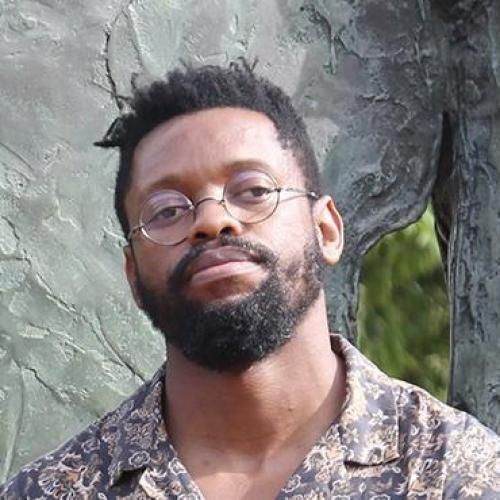South Africa and the Politics of Coevality
The argument that I make in this article is that in leaving the prison house of apartheid, South Africa generated exclusive categories of belonging (framed around multiracial nationalism and citizenship) at the expense of a pan-African politics. By reading South African engagements with the African diaspora as a signifier of disavowed solidarities, this article does a number of things. It traces disassociations with being African as constitutive, rather than epiphenomenal, to South Africa's project of freedom. I suggest that, more than two decades after apartheid, grappling with xenophobia, for instance, is not about coming to terms with what's gone “wrong” with South Africa. Rather, it is about reckoning with something internal to the logic of the country's construction and the ongoing negotiation of its history and contradictions. Working across genres and with a range of theoretical and narrative interventions by diasporic African intellectuals and creatives after 1994, I argue that narratives that engage with questions of diaspora after South Africa's transitional years offer an important vista from which to read these tensions. In thinking through the diasporic African subject's location between multiple national histories, freedom and death, tentative and conditional belonging, I propose a way of reading the cultural politics of identity in South Africa from what it refuses to be rather than its expectant narratives. This emerges as an important vantage point from which to reanimate the urgencies of pan-Africanist solidarities.
Duke Scholars
Published In
DOI
EISSN
ISSN
Publication Date
Volume
Issue
Start / End Page
Related Subject Headings
- 4705 Literary studies
- 2005 Literary Studies
Citation
Published In
DOI
EISSN
ISSN
Publication Date
Volume
Issue
Start / End Page
Related Subject Headings
- 4705 Literary studies
- 2005 Literary Studies

